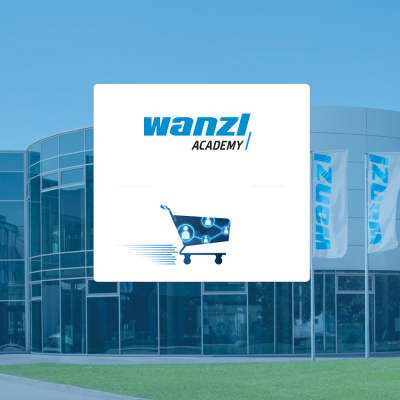Sustainable innovation: ISO 53001 and the SDGs in focus
As the International Organization for Standardization (ISO) recently announced, a standard is currently being developed that will enable companies to use a management system to track their sustainable development progress and compliance with the UN Sustainable Development Goals (SDGs). The 17 Sustainable Development Goals were formulated by the United Nations in 2015. The aim is to promote sustainable development worldwide that combines social justice, environmental protection and economic prosperity. The SDGs provide a comprehensive agenda for tackling global challenges, including poverty, inequality, climate change and environmental degradation.
ISO 53001 and the SDGs
The new ISO 53001 standard is intended to play a key role in the integration of sustainability principles as set out in the SDGs. By applying the principles of ISO 53001, companies can ensure that their innovation efforts not only bring economic success, but also take social and environmental aspects into account.
Current challenges for companies
According to the Statista platform, a survey of Germans in 2021 revealed that 77% of respondents considered SGDs and their implementation to be somewhat important or even very important. However, German companies are still lagging behind in the practical implementation of these wishes: a study by management consultancy Staufen in 2022 found that three out of four entrepreneurs surveyed tend to act cautiously and have not yet advanced proactive measures. At least the Bertelsmann Stiftung's Sustainability Transformation Monitor 2023 provides hopeful figures: Over 70 percent of respondents stated that the topic of sustainability is also becoming increasingly important in their industry and in their company. The introduction of ISO 53001 benefits this trend, as the standard enables a systematic and standardized assessment of the implementation success of sustainability strategies and corporate sustainability management.
Certified implementation of the SDGs offers the following advantages for companies:
- Sustainability as a competitive advantage:
Companies that are actively committed to sustainable development and the implementation of the SDGs can gain a clear competitive advantage. Current and future stakeholders value companies that take social and environmental responsibility. ISO 53001 offers companies a framework for designing their innovation processes in such a way that they generate both economic and sustainable added value. - Integration of SDGs in innovation strategies:
The SDGs provide guidance for companies to identify innovation opportunities that have a positive impact on society and the environment. ISO 53001 encourages companies to take the SDGs into account when developing innovation strategies and thus promote a holistic, responsible innovation culture. - Measurable progress:
ISO 53001 emphasizes the importance of evaluating and measuring innovation performance. Companies can use these tools to measure not only economic success, but also their contribution to the SDGs. This measurability enables companies to communicate their progress transparently and demonstrate their commitment to sustainable development.
Seeing ISO 53001 as an opportunity
The integration of the SDGs into innovation processes in accordance with ISO standard 53001 represents a significant opportunity for companies. By incorporating sustainable development goals into their innovation strategies, companies can not only fulfill their social responsibility, but also ensure long-term economic success. The combination of ISO 53001 and SDGs thus creates a win-win situation for companies striving for a sustainable future.
Training and sensitising employees
Raising employee awareness of sustainability is an important step that not only raises awareness of environmental and social issues, but also contributes to the implementation of measures in line with ISO 53001 and the Sustainable Development Goals (SDGs). Here are some reasons:
- Legal and regulatory requirements: Compliance with environmental and social standards is increasingly required by law. ISO 53001, which relates to innovation management for sustainable development, provides a framework for organisations to implement sustainable practices. Employees who are familiar with these standards can help to ensure that the company fulfils legal requirements.
- Image and reputation: Sustainability has a direct impact on a company's image and reputation. Employees who are aware of the importance of sustainability help to strengthen the positive image of the company. This can improve customer loyalty and appeal to potential investors, customers and partners.
- Increased efficiency: Sustainability practices often go hand in hand with increased efficiency. By training employees in sustainability, companies can create inspiration internally to gather innovative ideas to conserve resources, reduce waste and optimise energy consumption.
- Talent recruitment and retention: The younger generation of employees, in particular, place a high value on sustainable business practices. Companies that are committed in this area are more attractive to skilled workers. Raising employee awareness of sustainability can help to retain existing employees and attract new talent.
Achieving the SDGs: Companies can contribute to these goals through their business practices. Employees who understand the SDGs can contribute in their daily actions to ensure that the company takes targeted measures to contribute to the global sustainability agenda.































